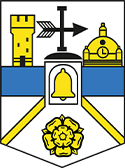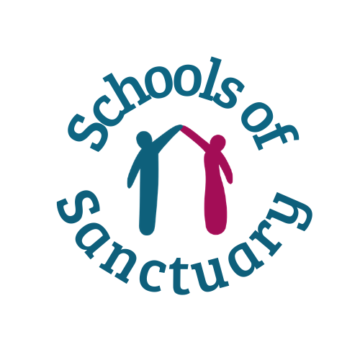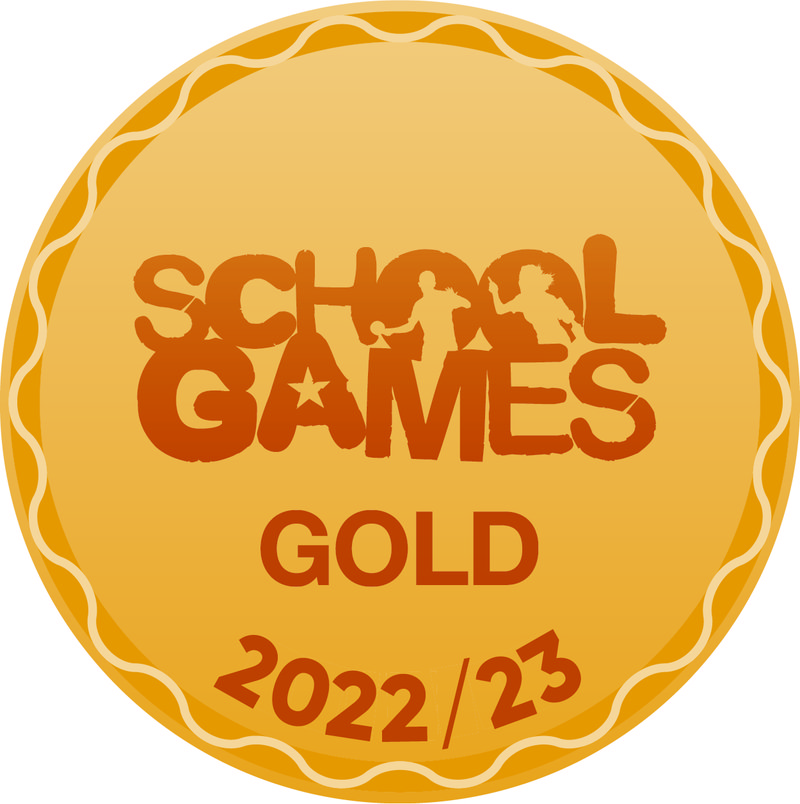Whole School Curriculum
Whole School Curriculum Rationale
INTENT
At Glusburn we deliver a broad and balanced curriculum where knowledge building is at the heart. Our long term plans ensure mastery of subjects where progression is built on and deepened year on year and children successfully ‘learn the curriculum’. Our learning culture is based on high aspirations and the motivation that ‘every child can’ through a carefully planned and cumulative learning process.
Creating Global Citizens through Cultural Capital
Our intent is that children leave Glusburn as independent and resilient learners full of curiosity and wonder. We hold reading at the centre of our curriculum and aim to encourage wider, more avid and life-long readers. To do this, we choose texts which explore many social, emotional and cultural issues thus developing the cultural capital of our children. We nurture the intrinsic links between pupils, parents and school, striving to help our children become respectful and kind citizens on a local and global scale with a central focus on the UNICEF Rights of the Child.
UNCRC ARTICLE 28: Every child has the right to education. Primary education should be compulsory and free. Different forms of secondary education should be available to every child. School discipline should respect children’s dignity and rights. Richer countries should support poorer countries in this.
Special Educational Needs and Disability
We recognise that pupils with SEND have a range of different needs and starting points. Some of our pupils have severe, complex or profound needs that have a significant impact on their cognitive development, especially the way that they are able to make alterations to their long-term memory. Leaders are ambitious for all pupils including those with SEND, developing and adapting the curriculum so that it is coherently sequenced to all pupils’ needs, starting points and aspirations for the future; acquiring the knowledge and cultural capital they need to succeed in life and supporting specific outcomes: communication and interaction, cognition and learning, physical health and development, social, emotional and mental health. In line with our Inclusion Policy all children on the SEND register have a ‘My Support Plan’ and Individual Provision Map (IPM) detailing all support and provision in place for each child; these are reviewed termly with parents. Children with more complex needs have an Educational, Health Care Plan which details specific provision from all agencies involved with a child; these are reviewed annually.
UNCRC ARTICLE 23: A child with a disability has the right to live a full and decent life in conditions that promote dignity, independence and an active role in the community.
IMPLEMENTATION
The Glusburn School Curriculum offers all pupils a broad and balanced curriculum The curriculum is aligned from EYFS to Y6, is sequenced and systematic, building on prior knowledge week-to-week, unit-to-unit and year-to-year. Subject leaders have established long-term and medium term plans, ensuring essential knowledge for each subject and year group, subjects are led through individual subject rationales and a parallel vocabulary curriculum.
Nurturing Memory
Each subject divides new material into manageable steps, lesson by lesson, fostering and nurturing a child’s semantic memory through use of repetition and revisits, STEM sentences and focused lessons where the memory is not over loaded. This implementation ensures that pupils are ready for the next stage, whether that is the next lesson, unit of work, year or key stage.
Creativity
Although ‘knowing and remembering more’ is our key driving factor, creativity also permeates our curriculum. Teachers plan opportunities in all subjects for pupils to think in different ways; find different solutions; make links and connections between subjects and information and imaginatively use and apply knowledge. This is achieved by teachers presenting concepts and key knowledge in a variety of ways.
IMPACT: Assessment
How are the foundation subjects assessed?
Each unit of work begins by ascertaining the children’s prior knowledge and any connected knowledge held in their long term memory. Any misconceptions that arise throughout the unit are identified and addressed appropriately. Children continue to recall their knowledge throughout a unit in order to ensure an alteration in long term memory.
The curriculum provides sufficient opportunities for planned revisits of previously learned knowledge, concepts and procedures; this is to ensure that, once learned, knowledge becomes deeply embedded in pupils’ memories.
Regular ‘low stake’ assessments and ‘deliberate practice’ are used in order to strengthen memory by revisiting prior learning
Recapping occurs throughout units of work so that all children have the opportunity to make connections and embed the information in their long term memory. To ensure that these connections become stronger and children have gained the intended understanding and unconscious competence in knowledge.
IMPACT: Monitoring
How do we monitor the Foundation Subjects?
Subject leaders partake in an annual Deep Dive of their subject. The questions below are designed to gain an understanding of how each Foundation Subject is managed and led by the subject leader, as well as recognising its impact on children’s progress, knowledge and understanding of that subject.
The Deep Dive will also consist of:
Subject leader discussion/questions; pupil discussion; lesson visits following the subjects journey and transition from EYFS to KS2; staff meetings to present an alignment of work showing progression from EYFS to KS2.
The next stage:
We are very close to our local secondary school – South Craven school and the vast majority of our pupils move there for year 7. We take the opportunity to make links with South Craven school wherever possible such as having visits from their art teacher, working closely with them for sports events and being mindful of the the next stage of our pupils curriculum journey.









